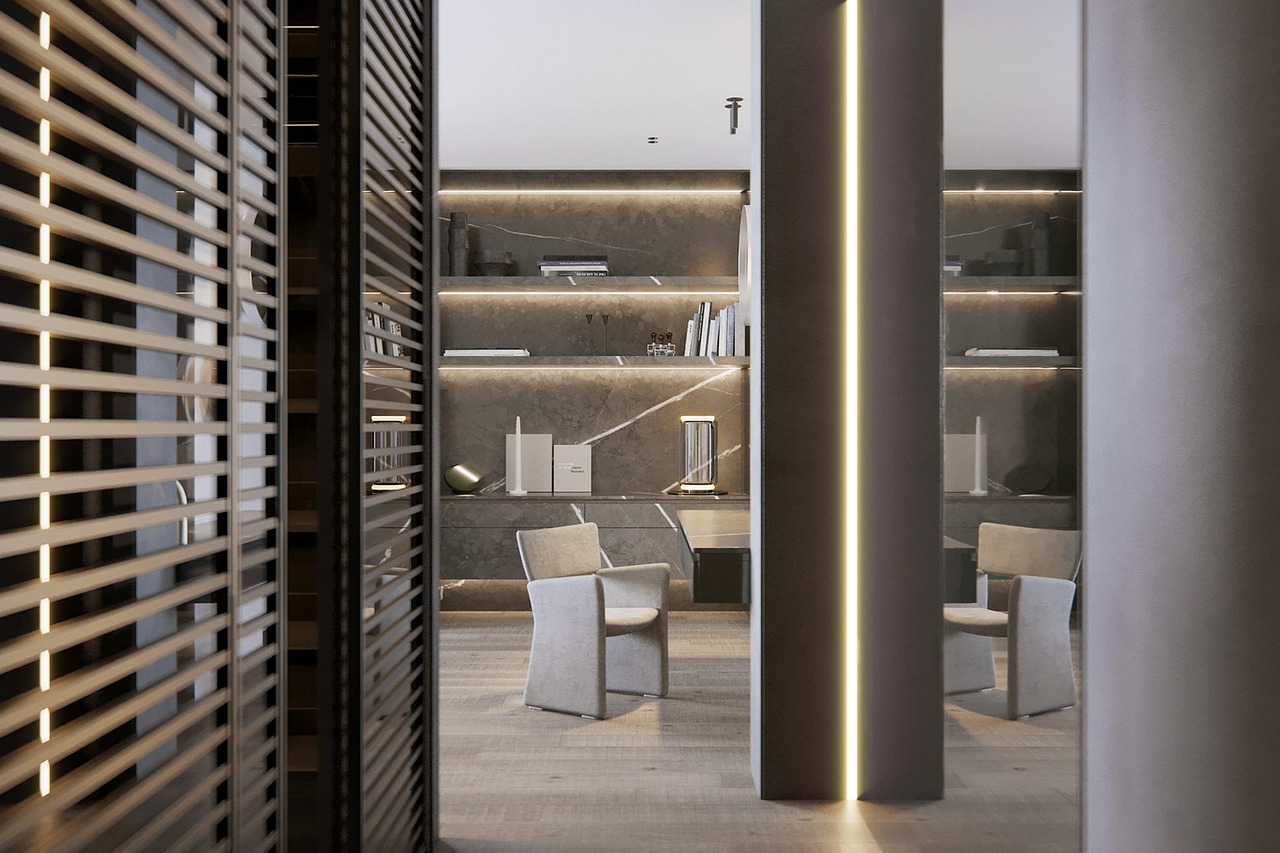Exploring the Benefits of Modular Home Construction
Modular home construction offers numerous benefits that set it apart from traditional stick-built homes. One major advantage is the speed of construction. With modular homes, the bulk of the building process occurs simultaneously in a controlled factory setting, significantly reducing the overall construction time. This allows homeowners to move into their new homes much faster compared to conventional construction methods.
Additionally, modular homes are known for their high level of customization. Homeowners have the flexibility to choose from a wide range of floor plans, designs, and finishes to create a personalized living space that suits their preferences and lifestyle. This customization aspect sets modular homes apart from cookie-cutter options and allows for a truly unique and tailored home building experience.
Cost-Effectiveness of Modular Homes
Modular homes offer a cost-effective solution for those looking to own their dream home without breaking the bank. Due to the efficient production process in a controlled factory setting, modular homes can be constructed in less time compared to traditional stick-built homes. This results in lower labor costs and reduced material wastage, ultimately leading to overall cost savings for the homeowner.
Moreover, the streamlined construction process of modular homes allows for better cost predictability. With pre-determined costs for materials and labor, homeowners can have a clearer idea of the total expenses involved in building their modular home. This upfront transparency helps in avoiding unexpected cost overruns often associated with traditional home construction, giving homeowners peace of mind and financial stability throughout the building process.
Quality Assurance in Modular Home Building
Modular home construction offers several benefits, but ensuring quality assurance throughout the building process is paramount. Each module of a modular home is typically constructed in a factory-controlled setting, allowing for precise measurements and high-quality standards. Quality control measures are implemented at various stages of production to guarantee that each module meets strict building codes and regulatory requirements.
To maintain quality assurance in modular home building, manufacturers conduct rigorous inspections and testing procedures before the modules are transported to the construction site. This systematic approach helps identify and rectify any defects or inconsistencies in the building process, ensuring that the final product is structurally sound and visually appealing. By adhering to stringent quality assurance protocols, modular home builders can deliver homes that are durable, safe, and built to last.





